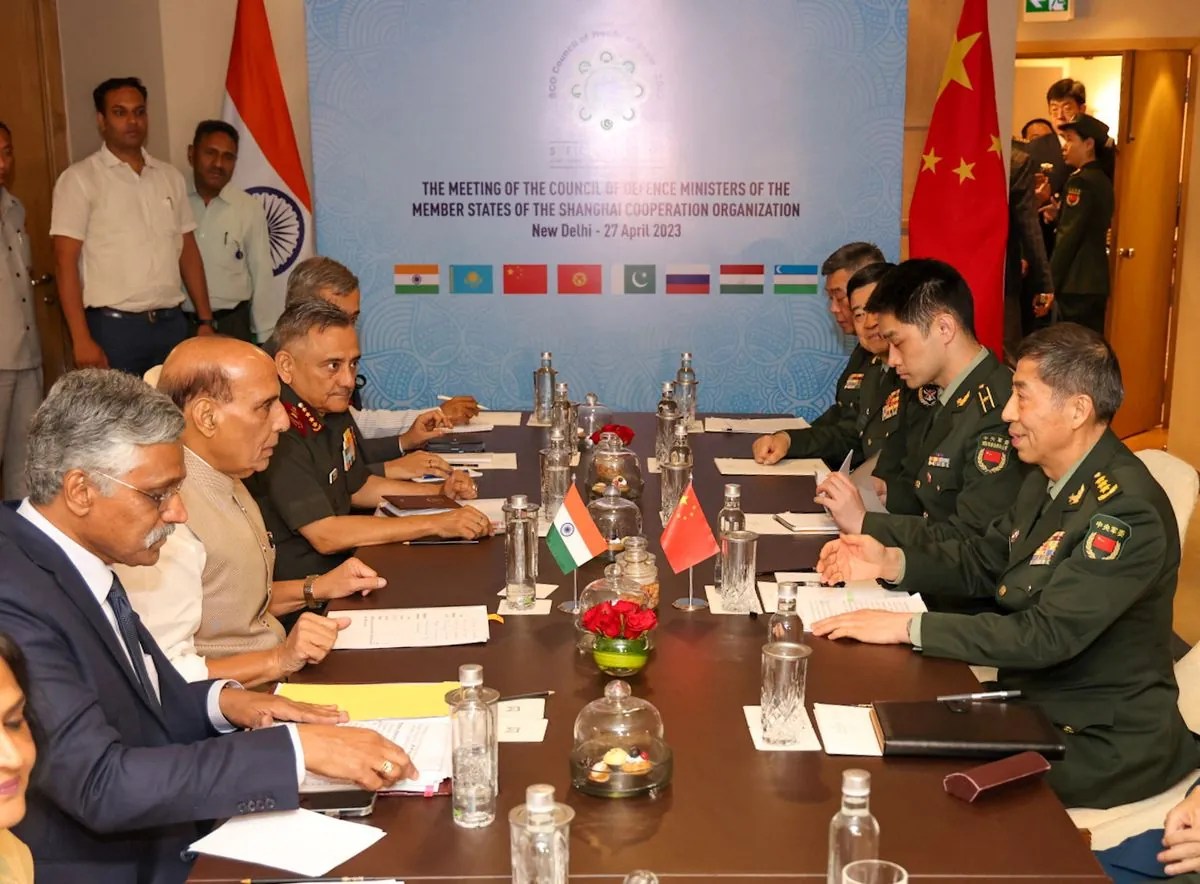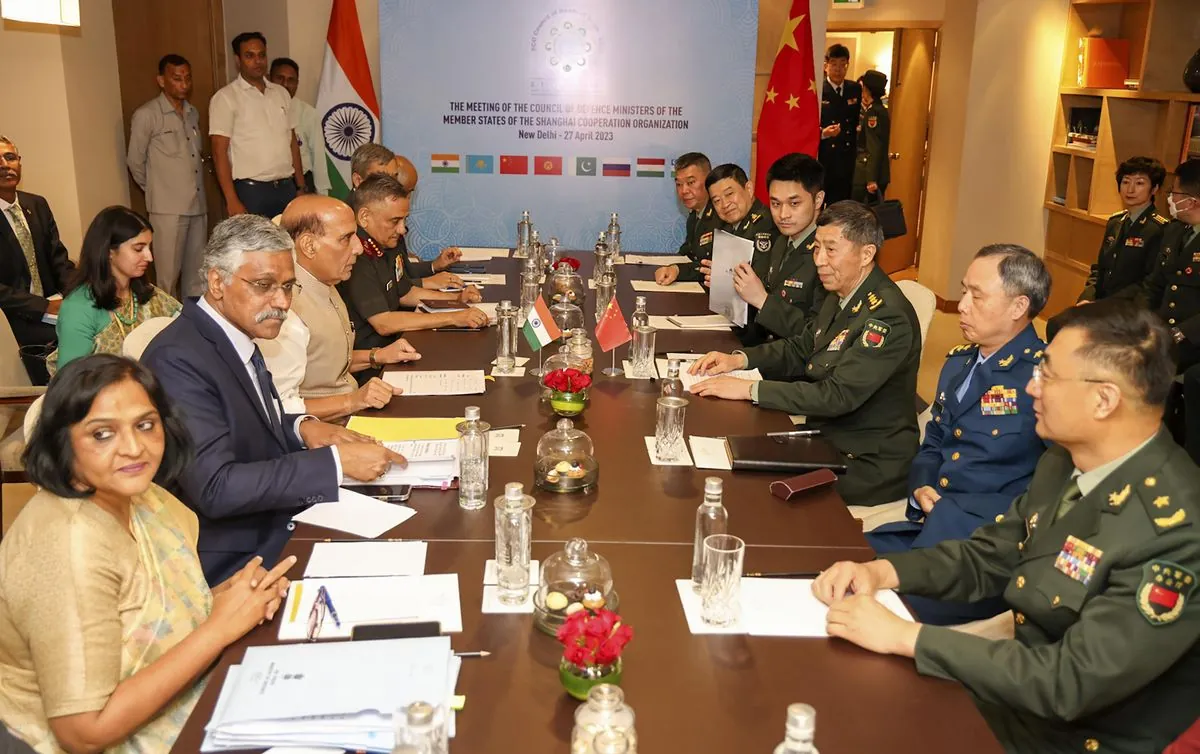China and India Accelerate Border Talks, Pledge Peace in Disputed Areas
China and India agree to speed up border negotiations and maintain peace in disputed regions. Recent high-level meeting in New Delhi marks progress in resolving long-standing Himalayan border issues.

China and India have agreed to expedite negotiations regarding their contested border and uphold peace in the disputed areas, according to a statement from China's foreign ministry on August 1, 2024. This development comes as officials from both nations convened in New Delhi for the 30th meeting of the China-India Border Affairs Consultation and Coordination Working Mechanism.
The focus of the talks centered on resolving the long-standing dispute over their shared Himalayan frontier, much of which remains poorly demarcated. This border, known as the Line of Actual Control (LAC), stretches over 3,440 km (2,100 miles) and has been a source of tension between the two Asian giants for decades.

The recent meeting marks a significant step in improving bilateral relations, which had previously deteriorated. However, a recent summit between leaders of both countries has helped to put the relationship back on a more positive trajectory.
Some key facts about the China-India border dispute include:
- The dispute led to the Sino-Indian War of 1962
- Major contentious areas include Aksai Chin and Arunachal Pradesh
- The McMahon Line, drawn in 1914, remains a point of disagreement
- Five agreements have been signed since 1993 to maintain border peace
- Both countries have over 50,000 troops deployed along the LAC
Recent incidents have highlighted the fragility of the situation:
- In 2017, the Doklam standoff lasted for 73 days
- The Galwan Valley clash in 2020 resulted in casualties on both sides
Despite these challenges, both nations have shown commitment to peaceful resolution. The Border Peace and Tranquility Agreement, signed in 1993, serves as a foundation for ongoing negotiations.
It's worth noting that China and India maintain significant economic ties, with annual trade exceeding $100 billion. Both countries are also members of the BRICS economic cooperation group, underscoring the importance of their relationship beyond border issues.
As negotiations progress, the international community watches closely, recognizing that the resolution of this border dispute could have far-reaching implications for geopolitical dynamics in South Asia and beyond.


































